
Ghana has reached a staff-level agreement with the International Monetary Fund (IMF) on the fifth review of its US$3.2 billion Extended Credit Facility (ECF), paving the way for the disbursement of about US$385 million once approved by the IMF Executive Board.
The agreement signals growing confidence in the country’s economic recovery after years of fiscal stress, currency volatility, and high inflation.
The IMF said macroeconomic stabilisation in Ghana is “taking root,” supported by stronger growth, easing inflation, and improved external balances.
“Growth in the first half of 2025 was stronger than anticipated, driven by robust services activity and agricultural output.
“International reserves accumulation continues to exceed program targets, while the cedi appreciated markedly in the first half of the year,” said Ruben Atoyan, who led the IMF mission to Accra from September 29 to October 10.
Once the Executive Board approves the review, total IMF disbursements to Ghana under the programme will reach about US$2.8 billion since its approval in May 2023. The facility aims to restore macroeconomic stability, ensure debt sustainability, and lay the foundation for inclusive growth.
Ghana’s economic outlook has strengthened, with the IMF projecting growth at 4.8 percent in 2026 and inflation stabilising within the Bank of Ghana’s target range of 8 percent plus or minus two percentage points. The Fund noted that the favourable trends were being supported by robust gold and cocoa exports, which have helped rebuild foreign reserves and strengthen the local currency.
Fiscal performance has also improved. The government recorded a primary surplus of 1.1 percent of GDP in the first eight months of 2025, on track to meet the 1.5 percent year-end target. Authorities plan to maintain the same surplus in 2026 under a new Fiscal Responsibility Framework. The IMF said fiscal discipline and ongoing debt restructuring efforts have markedly improved Ghana’s debt outlook.
Progress has been made on the country’s debt restructuring. Following a memorandum of understanding with the Official Creditor Committee under the G20 Common Framework, Ghana has finalised bilateral agreements with five creditor nations and continues talks with commercial creditors.
The government is also addressing challenges in the energy sector. According to the IMF, authorities have renegotiated legacy arrears and contracts with most independent power producers, while introducing quarterly tariff adjustments to better reflect costs. Payments through the cash waterfall mechanism have increased significantly, helping stabilise the sector.
On monetary policy, the central bank has cut its key interest rate by 650 basis points to 21.5 percent, following a decline in inflation. The IMF said the easing cycle is consistent with efforts to re-anchor inflation expectations. The Bank of Ghana, in collaboration with the Fund, has also developed a new framework for managing foreign exchange operations to reduce volatility and build reserves.
Financial stability measures are ongoing, including the recapitalisation and reform of state-owned banks. The IMF noted that the process should be completed by the end of 2025.
Mr. Atoyan said Ghana’s progress reflects “sustained reforms, a favorable external environment, and improved investor confidence.”
The IMF team met with finance minister, Dr. Cassiel Ato Baah Forson, Bank of Ghana Governor, Johnson Pandit Asiama, and other government officials during the visit.
The post Gov’t, IMF reach staff-level deal on 5th ECF review appeared first on The Business & Financial Times.
Read Full Story
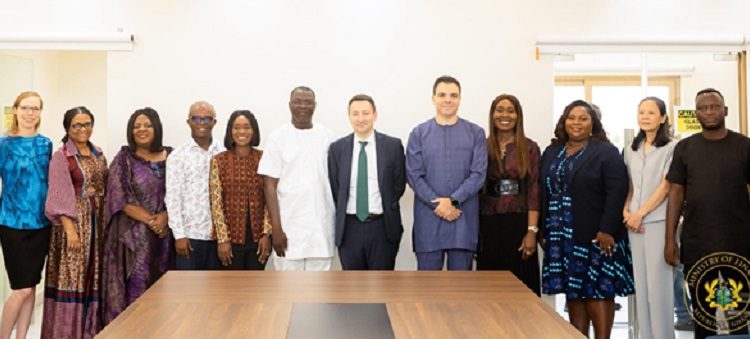
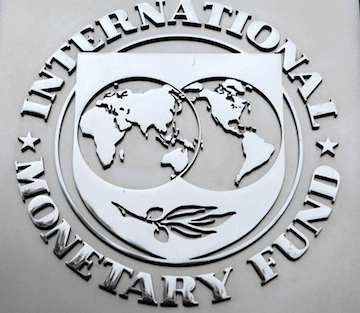
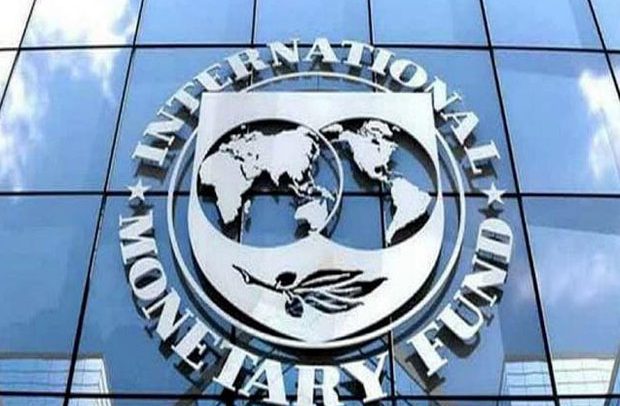




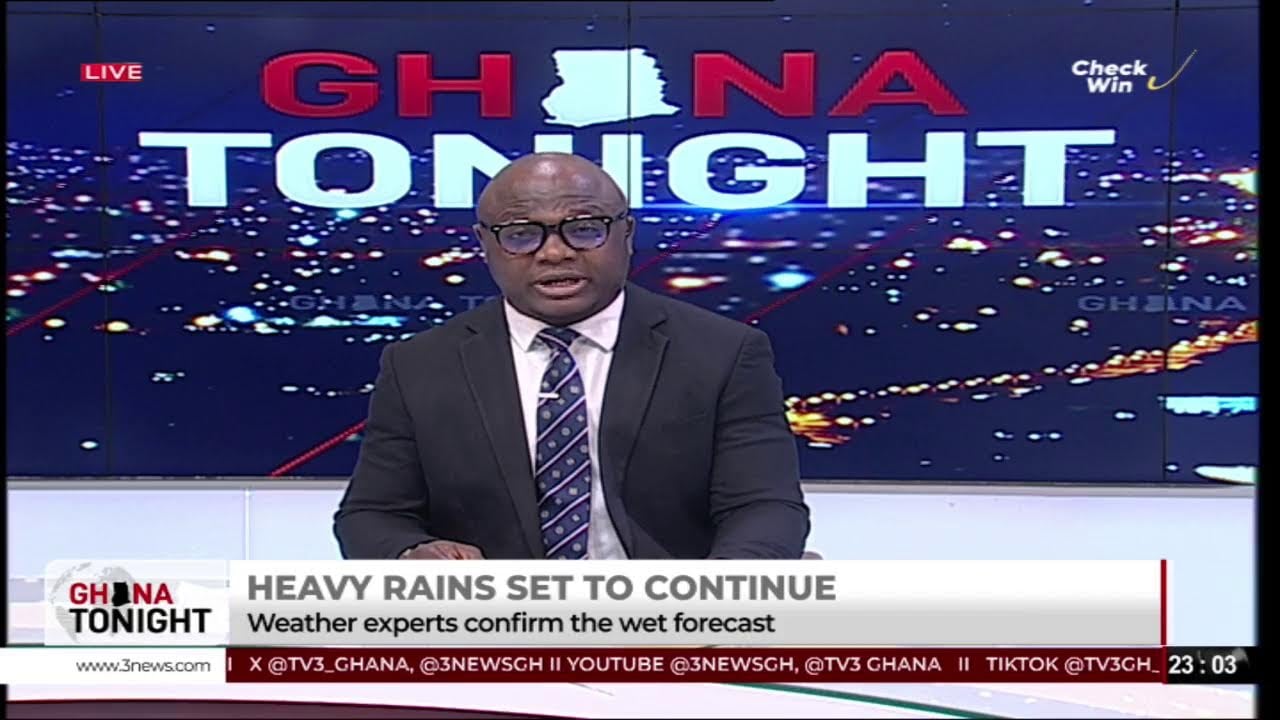
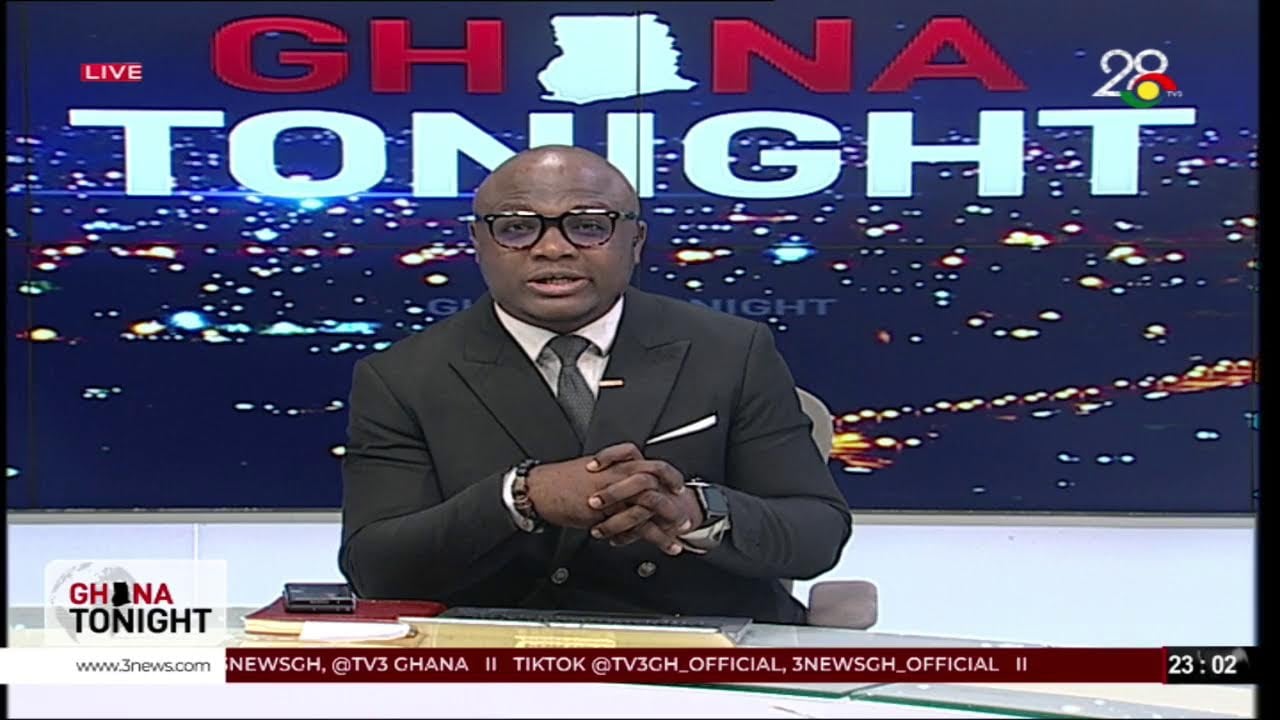
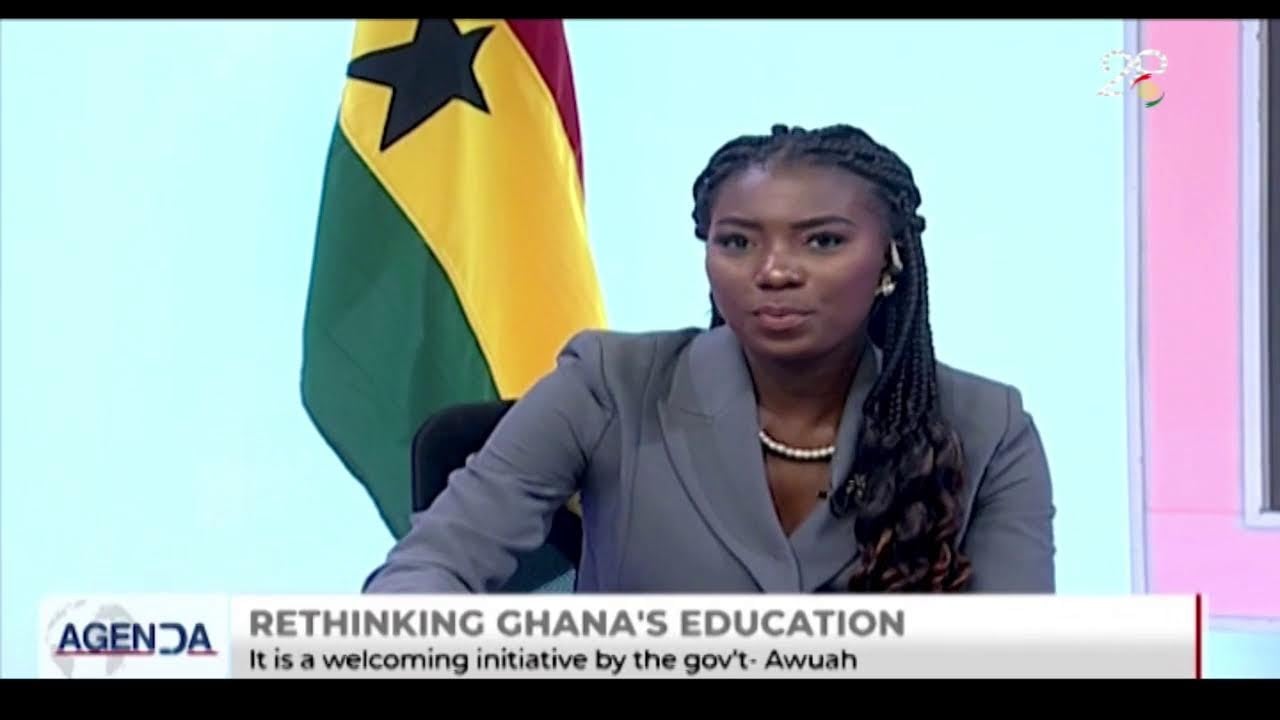






Facebook
Twitter
Pinterest
Instagram
Google+
YouTube
LinkedIn
RSS